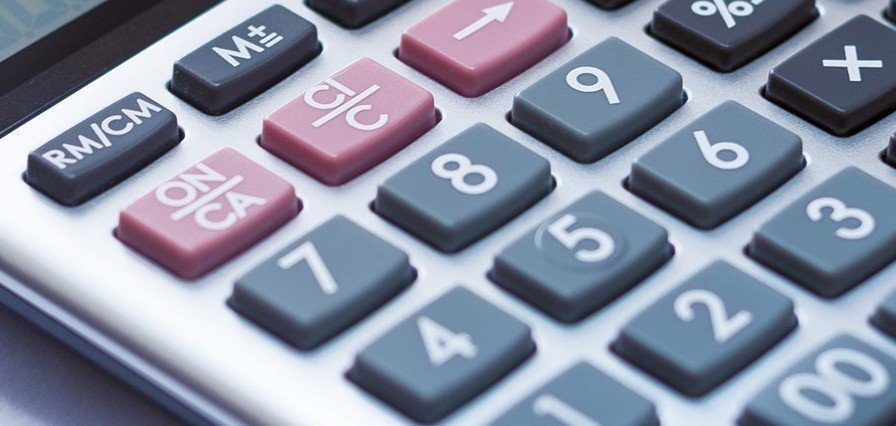The True Cost of EV Ownership

I'm a big fan of Tesla vehicles, yet the many recent "The Tesla Model 3 costs as much as a Civic!" articles have left me with more questions than answers. So, I did what any good economist does, and built my own model over months of research.
This sheet starts with the basics - cost of fuel, maintenance, insurance, tax credits - and then goes deeper. Here are some of the highlights:
- It calculates both the annual ownership and the marginal cost per mile for both commuting (city driving) and road trips (highway driving), based on your personal habits
- It includes the lost returns from paying for a more expensive car instead of investing in the stock market. But, unlike other sheets, it also adjusts these amounts by inflation. All $ values on the sheet are in present dollars, since $1 today is worth more than $1 in the future, effectively reducing market returns from 7% to 5%.
- It captures the safety cost of different vehicles, such as older vehicles have fewer safety features and EVs have larger crumple zones. This is not a determining factor (over 10 years, there's about a $6,000 difference between the safest and least-safe models), but still worth including.
- There's an entire tab for comparing the time cost of ownership. One common concern about EVs is how much longer it takes to charge than to fuel up with gas - but, you also don't waste as much time doing maintenance or stopping at gas stations for city driving. This sheet lets you calculate time based on your specific needs, and as it turns out, EVs with fast charging come out ahead unless you're a serious road-tripper.
- The cost of carbon is factored in. It's a very small factor (only ~$70/yr), and not currently priced into USA automobile purchases, but it's worth considering for your next car purchase since a carbon tax in some form is likely to be implemented in the next decade.
- Finally, the big one: Depreciation. It's really hard to calculate depreciation for Tesla vehicles right now since they often sell for more used than new. That makes KBB estimates... Less than trustworthy. So, to reduce bias and level the playing field, I've calculated depreciation not on speculation for resale value, but rather on usable lifetime of the tool - aka how long you can use the car before the cost of repairs exceeds the value of the car.
So, what was my final determination? If you want the cheapest possible form of transportation, buy a mid-decade fuel-efficient car like a 2012 Prius. If you want something fun, you can't beat a Model 3 - it's the same performance as a BMW 330i, but costs $2,000/yr less.
Please feel free to copy this sheet for personal use, and provide comments and feedback to further to refine it! If you like my work, you can follow me on Twitter @toddmedema and medium.com/@toddmedema
